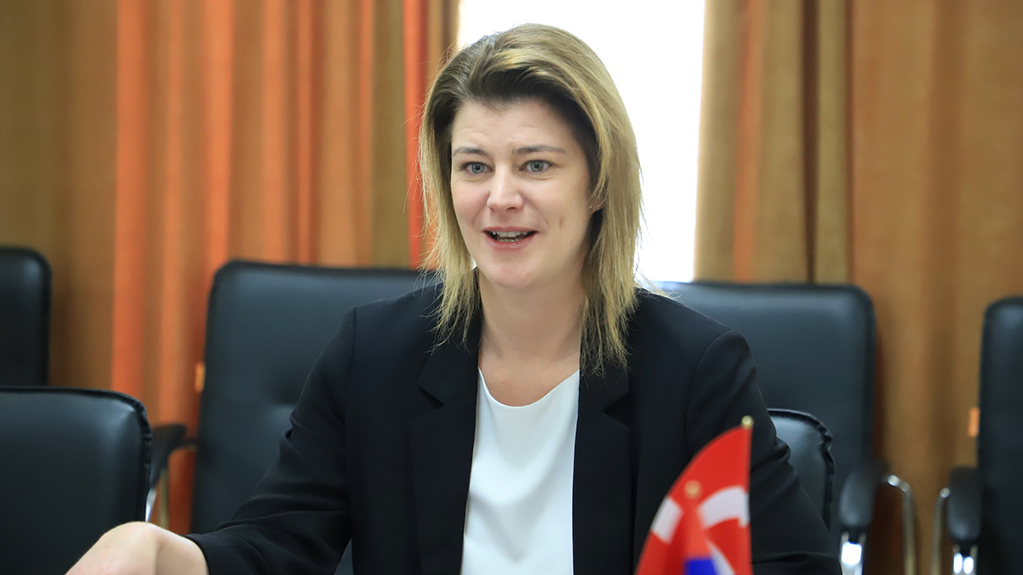According to the Danish ambassador to Georgia, Anne Toft Sorensen, the founder of the Georgian Dream party Bidzina Ivanishvili, is an oligarch who amassed wealth in Russia in the 90s. The ambassador addresses this in an article published in a Danish newspaper on January 10. She will also review the granting of EU membership candidate status to Georgia and the significant events that unfolded in the country last year.
News
The ambassador notes that reforms in Georgia have been slow for the past few years, and the political crisis has caused deep divisions and mistrust between the government and the opposition.
“The ruling party, Georgian Dream, founded by oligarch Bidzina Ivanishvili, who amassed his fortune in Russia in the 1990s, has been in power since 2012. The opposition, led by Saakashvili's United National Movement, consistently boycotts parliamentary work and accuses the government of politicizing the court, suppressing free media, and persecuting members of the opposition,” Anne Toft Sorensen notes.
The diplomat notes that after Russia's invasion of Ukraine, both Ukraine and the European Union accused the Georgian government of pursuing a friendly policy towards Russia.
“They [the government] did not prevent the resumption of flights to Moscow in the summer and did not impose sanctions on Russia. On the contrary, they increased trade with Russia. Ukraine and the European Union have criticized this policy as “inappropriate” for a country with European aspirations, where 90% of the population supports Georgia's accession to the European Union.”
The year 2023 began in March with mass protests against the so-called government's draft law on foreign agents, which, if not drafted, would have made it mandatory for foreign-backed civil society organizations to register (as foreign agents). “In Russia, a similar law was used to suppress civil society and the opposition,” the ambassador wrote.
Due to these statements, the Ministry of Foreign Affairs of Georgia summoned the Danish ambassador, Ane Toft Sorensen, for an explanation.
On December 30, during the extraordinary congress of Georgian Dream, it was revealed that the founder of the party and the former prime minister of the country, billionaire Bidzina Ivanishvili, has returned to politics. “On my own initiative, as the honorary chairman of the party, I am returning to political life,” he stated. Ivanishvili pointed to the challenging circumstances currently faced by Georgia, emphasizing that even a small mistake by the government could have significant consequences for the country. He mentioned that with the opposition completely dismantled, the risks within the ruling team, including corruption, increase, and he intends to fulfill the role of the center of gravity.
Georgian Dream made changes to its charter. According to the new charter, the political council now approves the candidacy of the Prime Minister of Georgia upon the nomination of the honorary chairman of the party.
Bidzina Ivanishvili held the positions of Prime Minister and Party Chairman in 2012-2013. On November 20, 2013, he resigned from the Prime Ministership, stepped down from the position of party chairman, and declared his retirement from politics. On May 11, 2018, Ivanishvili was re-elected as the chairman of Georgian Dream. On January 11, 2021, he announced that he had finally retired from politics and “completely stepped down from the reins of management.”
Despite public announcements about his retirement from politics, Ivanishvili faced accusations of informal governance, with his name linked to crucial decisions within the party, including the selection and approval of prime ministers, ministers, and other high-ranking officials.















